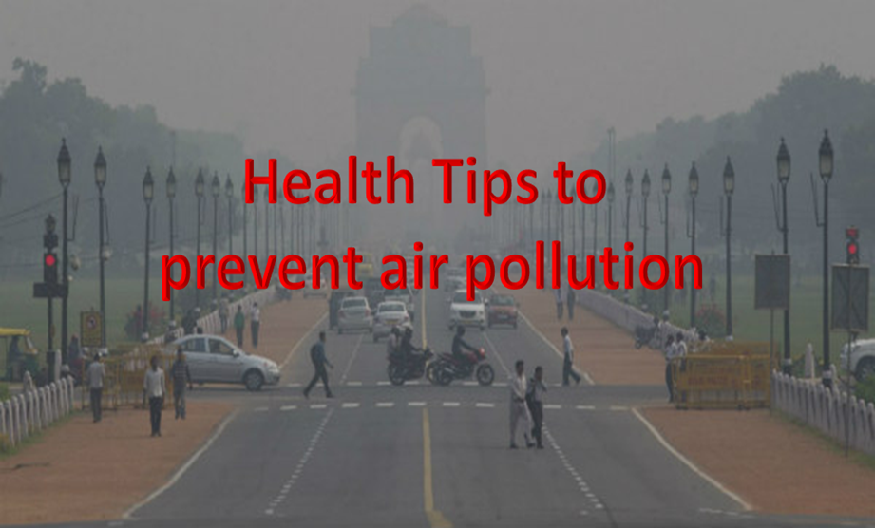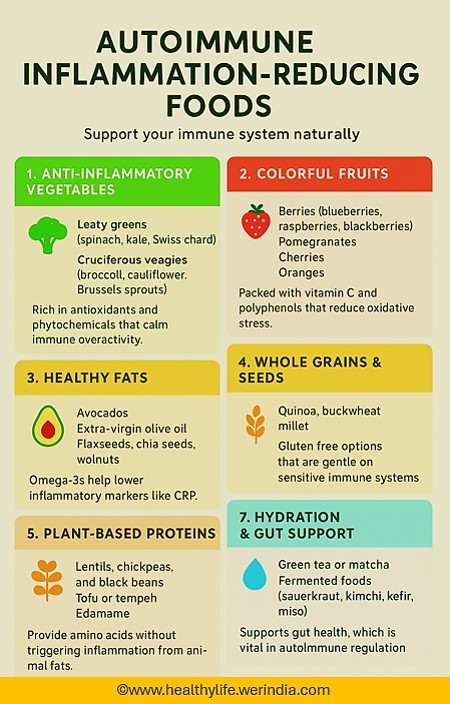
Health tips to prevent air pollution
Recently New Delhi, India has faced severe air pollution. Millions of people suffered from the poor quality of air and outdoor activities, day to day life heavily affected by air pollution. What causes air pollution and how to prevent and what precautions one should take?
According to WHO (World Health Organization) air pollution is posing great environmental health risk. Air pollution is the reason for one in nine deaths worldwide (WHO). Local air quality is important for us to live and breathe.
Three reasons for air pollution – bad ozone, carbon monoxide and sulfur dioxide. What we need to remember is all the three pollute environment because of human activities.
- Bad ozone particle pollution: Ozone level is high when the temperature is warmer. Bad ozone forms near the ground when the particles from various sources (automobile, power plants, refineries, chemical plants etc.) mixes with ozone. Particles are what present in poor quality air and these can be fine or coarse (dust) particles. Particles present in the air can aggravate or cause many health problems and can be fatal too. Fine particles (can be seen through microscope) are responsible for severe and serious health problems.
* What is ozone: Ozone is present naturally in the Earth’s upper atmosphere (6 to 30 miles above earth’s surface). Natural ozone protects us from harmful UV rays.
- Carbon monoxide: This colorless gas that is emitted by automobile is also responsible for poor quality. When the carbon fuel does not burn completely carbon monoxide forms. When fills in air it affects our health.
- Sulfur dioxide: It is a colorless, reactive gas. When sulfur containing fuels such as oil and coal are burned sulfur dioxide releases. It is present in larger industrial areas – power plants, refineries and industrial boilers.
Who will suffer more from poor air quality?
- Generally, as the concentration of bad ozone level increases at ground level, people get sick. People who go for outdoor activities when meet poor air quality, can start developing breathing issues. People who have lung diseases such as chronic bronchitis, emphysema, asthma are sensitive to ozone. They experience issues ever at lower level of particles. Young adults and children who play outside are also at higher risk of developing asthma and bronchitis by aggravated exposure.
- Carbon monoxide -People who have heart condition can develop chest pain and are most at risk. Breathing difficulty, chest tightness are other two reactions one can face.
- Sulfur dioxide at higher levels causes wheezing, chest congestion, shortness of breath even in healthier people.
What health affects one can have with air pollution: Dirty air can harm not only lungs, it reaches beyond lungs
- Irritation in respiratory system, throat soreness, airway blockage, chest tightness, chest pain while breathing
- Reduced lung function – making it difficult to breath and uncomfortable feeling
- Inflammation and damage of lung cells.
- Lung defense mechanism becomes weak
- Headache, blood pressure increase
- Chance of getting cancer
- It can trigger appendicitis
- Tiredness, fatigue
- Aggravated asthma and chronic lung diseases.
- Can cause pulmonary fibrosis and permanent lung damage.
- Eye irritation and redness
- Hair fall and skin damage
- Carbon monoxide at higher level can affect mental alertness and vision.
- Decrease in immune response
When there is a caution on air quality:
- Use cleaner commute route – use side roads or back roads to work.
- Use public transportations.
- Avoid idling your automobile
- Refuel your vehicle in the evening when the temperature gets cooler
- Reduce number of trips by your vehicle
- Avoid using wood fireplace and burning leaves, trash and any such materials. Do not burn plastic materials
- Avoid using gas -powered garden equipment
- Before stepping out check the temperature and air quality in your area.
- Wear facial mask (available in pharmaceutical stores)
- Carry water bottle with you.
- Do not exercise outdoor in poor air quality
- If you must step out during warmer day take proper precaution. Avoid heavy traffic timings to visit places.
- Grow air purifying plants inside and outside home
- For shopping, entertainment and visiting friends and families avoid warmer day – instead go out when it cools down like evening hours.
How to reduce air pollution?
- Conserve energy wherever you are – at home, work and schools
- Buy product that has Energy star label
- Get into habit of carpool, using public transportation, ride bicycle or walk if possible
- Keep all your vehicles properly tuned and reduce polluting the environment
- Grow plants – indoor and outdoor plants to reduce air pollution. Plants helps in getting good air quality
- Avoid using wood fireplace and burning leaves, trash and any such materials.
- Do not use or avoid using gas -powered garden equipment
Understanding Air quality index: Also known as AQI tells us how clean is the air that we breathe every day. It focuses on health effects that we experience within few hours of a day and guides us to take precaution. The AQI is calculated based on four types of air pollution – ground level ozone, particle pollution, carbon monoxide and sulfur dioxide. The yard stick for AQI is 0 to 500. The higher the AQI number, the higher the pollution level is.
- Good: Air quality is considered good when the index is between 0-50 and is okay to step out. Index is represented by green color
- Moderate air quality is when air quality index is 51-100 : Do not spend too much time exposed to outside air – yellow color
- Unhealthy for sensitive people group: Air quality: 101-150 is the index and people with heart or lung disease, older adults and children should reduce exposure and heavy exertion – Orange color
- Unhealthy is between 151-200 air quality index. People with heart, lung diseases and other breathing problems and allergies should avoid prolonged exertion – Red color
- Very unhealthy: When the air quality is above 201 –300 People who are suffering from heart, lung diseases and sensitive people with conditions and children should avoid all outdoor physical activities. – Purple
- Hazardous: AQI is 301-500. Not good for anybody -Maroon
AQI can be found on internet with your local weather list.
Protect yourself and your family from air pollution. If you develop any of the above-mentioned illness due to pollution take proper precaution and care. If the condition aggravates and if you find it difficult to breathe contact your doctor.
References:
http://www.cnn.com
Author: HealthyLife | Posted on: December 14, 2017






















Write a comment